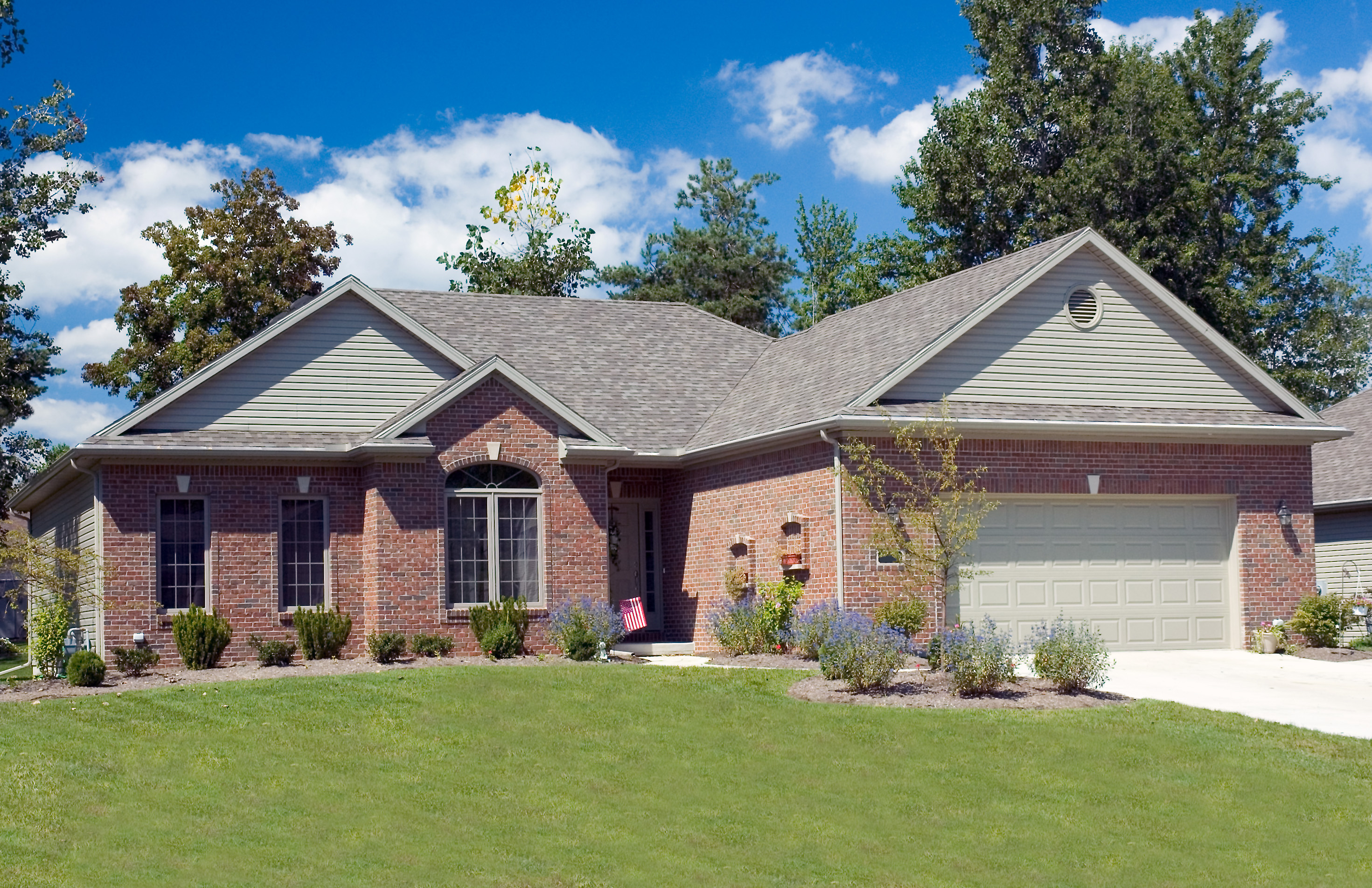For the past several years, discussion has taken place about whether millennials will want to own homes at the same rate as the last few generations. The ramifications for the pool/spa industry are obvious, but the answer to that question isn’t.
Early indications have shown that this generation of consumers, born between 1981 and 1996, might take more interest in communal living and gathering spaces, such as those found in apartment and condominium complexes, rather than having their own lots. Despite this, some professionals expected this group to gravitate toward single-family homeownership as it became older and started families.
But a recent study released by the home equity protection provider ValueInsured suggests that millennials generally view homeownership in a negative light. Based on its latest quarterly Modern Homebuyer Survey, ValueInsured says the perceived value in buying a home dropped below 50%.
In the third quarter of this year, the survey indicated, only 48% of millennials see home purchases as a good investment. ValueInsured calls this a record low, down from 54% in the second quarter and compared with a high of 77% two years ago. The rate of respondents who consider home purchases to be the best financial decision for themselves dropped to the lowest spot in 10 quarters at 58%. Additionally, only 61% see home purchases as more beneficial than renting, down from a high of 83%.
Perhaps more concerning, a notable portion of this generation believes homeownership will require them to sacrifice or delay key life choices. Nearly one in four said they must delay having children if they want to afford a home purchase. Almost one-third said they can’t afford a healthy diet while saving for a home at today’s prices. And nearly one-third said they would have to relocate to afford a home.
“Conventional wisdom assumed millennials were buying homes later because they chose to get married and have children later,” said Joe Melendez, CEO and founder of Dallas-based ValueInsured in a press release. “New research now suggests homeownership may be the cause, not the effect, of delayed family formation. It is an alarming trend, and we see more acute evidence in expensive housing regions.”
While the responsibilities and debt involved with homeownership no doubt fuel some anxiety in many, the perceptions of millennials seem to have been largely influenced by the Great Recession. For example, 52% believe that if they buy a home, its value likely will drop within a year. And 68% worry about the onset of another housing crisis.
A large portion of this group still sees homeownership as out of reach. For instance, 49% of motivated first-time buyers worry that homes they can afford now will rise in cost beyond their reach. An astonishing 67% fear they will not save enough money to own a home they would like to live in. And 64% consider it likely that they will experience buyer’s remorse after owning a home.
“Most home buyers experience a healthy amount of jitters before such a milestone purchase — that’s normal,” Melendez said. “But the new normal is highly anxious, inexperienced buyers bungee jumping in without knowing if their safety harnesses will work.
“That is an unhealthy, bordering-on-dysfunctional trend that our industry needs to mitigate to ensure we do not lose an entire generation of future homeowners.”




